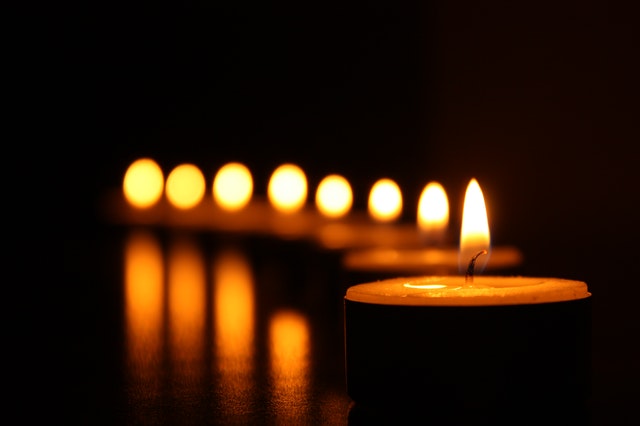Has recent loss led you to feel shocked, anger, guilt, and overwhelming sadness? If so, you are experiencing grief.
When someone you love or something you have looked forward to is taken away, you cannot help but feel like your life has taken a turn for the worst. There are many reasons people suffer grief such as-
 Grief can make you too depressed to take care of yourself. You could be feeling too worn out to do simple things like getting out of bed to get dressed or take a shower. In order to heal from grief, you need to acknowledge your feelings. You can do this by journaling your thoughts. This can help you release your emotions on paper instead of keeping everything inside.
It is essential to take care of your physical health to better cope emotionally. You can do this through exercising as well as eating and sleeping right. Plan something special in honor of what you lost for when important milestones come and make sure you are not alone.
If you are ready to speak to a therapist about how to overcome your grief, please schedule your first appointment today.
Grief can make you too depressed to take care of yourself. You could be feeling too worn out to do simple things like getting out of bed to get dressed or take a shower. In order to heal from grief, you need to acknowledge your feelings. You can do this by journaling your thoughts. This can help you release your emotions on paper instead of keeping everything inside.
It is essential to take care of your physical health to better cope emotionally. You can do this through exercising as well as eating and sleeping right. Plan something special in honor of what you lost for when important milestones come and make sure you are not alone.
If you are ready to speak to a therapist about how to overcome your grief, please schedule your first appointment today.
- Death of a loved one
- Divorce
- Loss of a friendship
- A miscarriage
- Job loss
- Loss of safety
- Financial loss
- Health loss
How to Handle the Five Stages of Grief
The first stage of grief is denial. It is hard to fathom the pain you are going through or that your life will never be the same. In order to break out of this denial, you need to stop fighting this new reality. Accept this terrible situation for what it is. The second stage is anger. You may be prone to place blame or guilt on people who had nothing to do with this loss to gain control. Instead of taking your anger out on people, express it in a healthy way like muscle relaxation techniques or going for a run. The third stage is bargaining when you focus on the regrets you had with what you lost. That if you did something differently, you would not be dealing with this. It is important to remember that you cannot control everything that happens. The fourth stage is depression in longing for what is no longer there. Through support and self-care, you can heal from depression. The fifth stage is acceptance where you finally accept the situation for what it is and take steps to move forward with your life.Seeking Support
While grief may cause you to withdraw from others, you may be surprised at how many people are willing to be there for you. They see the pain you are going through and may have gone through the same thing before. Do not be afraid to reach out to others for support. If people want to help you but have no idea how to, tell them what you want from them. That could be a shoulder to cry on, a good listener, or that you need to have fun. You can also speak to a leader of faith in your religious organization. They can show you mourning rituals and spiritual activities to help you heal from the pain of grief. There are also support groups where you can hear the stories of others going through the same thing and tell your own story. Joining these groups will make you feel less alone.Self-Care Tools
 Grief can make you too depressed to take care of yourself. You could be feeling too worn out to do simple things like getting out of bed to get dressed or take a shower. In order to heal from grief, you need to acknowledge your feelings. You can do this by journaling your thoughts. This can help you release your emotions on paper instead of keeping everything inside.
It is essential to take care of your physical health to better cope emotionally. You can do this through exercising as well as eating and sleeping right. Plan something special in honor of what you lost for when important milestones come and make sure you are not alone.
If you are ready to speak to a therapist about how to overcome your grief, please schedule your first appointment today.
Grief can make you too depressed to take care of yourself. You could be feeling too worn out to do simple things like getting out of bed to get dressed or take a shower. In order to heal from grief, you need to acknowledge your feelings. You can do this by journaling your thoughts. This can help you release your emotions on paper instead of keeping everything inside.
It is essential to take care of your physical health to better cope emotionally. You can do this through exercising as well as eating and sleeping right. Plan something special in honor of what you lost for when important milestones come and make sure you are not alone.
If you are ready to speak to a therapist about how to overcome your grief, please schedule your first appointment today. 

